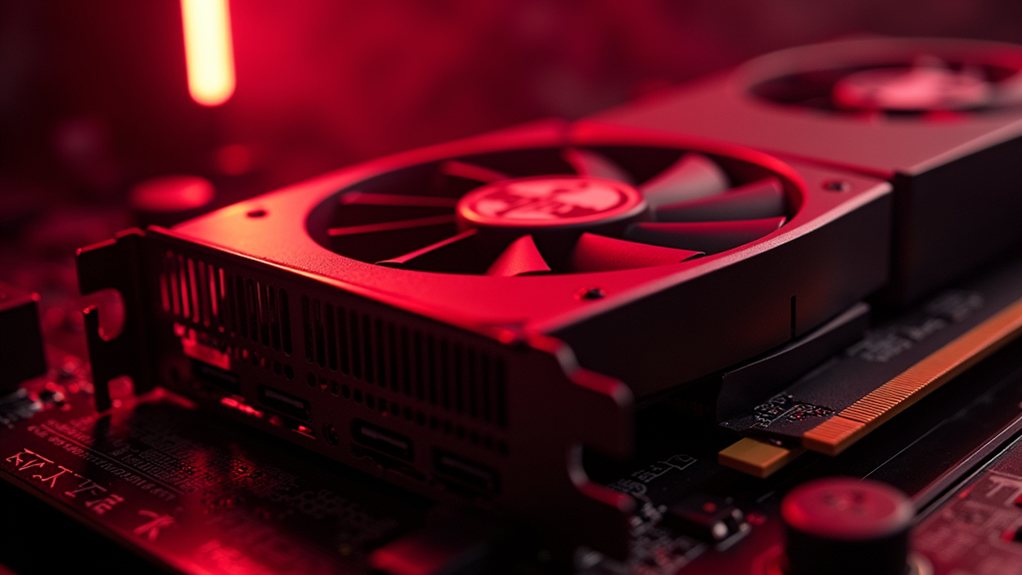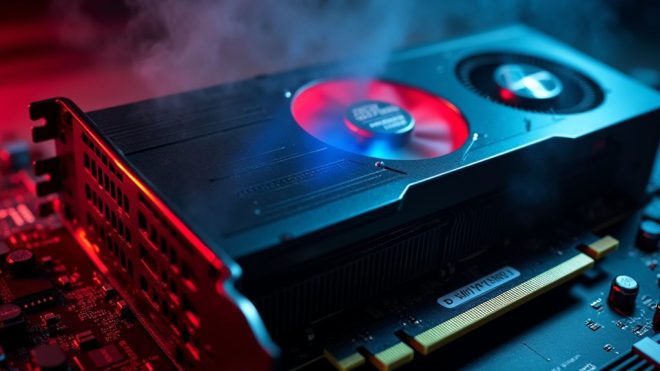AMD has released a thorough series of driver updates, including GPU driver 25.4.1 and Ryzen Chipset Driver 7.04.09.545, to tackle persistent Windows 10/11 compatibility issues. The updates target system crashes, Error 1603, and Error 43 affecting both gaming and professional applications. Whereas automatic Windows updates have complicated matters by replacing optimized drivers, AMD’s new Adrenalin software and troubleshooting tools aim to restore stability. The company’s long-term strategy suggests more improvements are on the horizon.

AMD finds itself locked in a persistent battle against Windows driver glitches, as users of its Radeon graphics cards face an array of compatibility issues with recent Windows 11 updates. The tech giant has responded with a series of critical fixes, including the latest GPU driver 25.4.1, which particularly targets compatibility problems and system instability concerns that have plagued users since Windows 11’s 24H2 update.
The ongoing struggle between AMD‘s drivers and Windows updates has created a peculiar performance of compatibility, with Microsoft’s automatic updates occasionally stepping on AMD’s toes by replacing optimised drivers with less compatible versions. Think of it as a technical tango where both partners aren’t quite in sync – and users are caught in the middle of this awkward display. Many users have reported that Error 1603 frequently disrupts driver installations, requiring extensive troubleshooting steps.
Error 43, the notorious troublemaker in systems with both discrete and integrated graphics, has become particularly prevalent in Windows 11 environments. AMD’s solution? A combination of driver rollbacks and the strategic disabling of integrated graphics – a bit like asking one performance partner to sit out so the other can perform solo.
Disabling integrated graphics becomes AMD’s temporary dance move, sidestepping Windows 11’s Error 43 compatibility tango with discrete GPUs.
The company’s latest Adrenalin drivers have additionally introduced improved support for popular games like Elder Scrolls and Assassin’s Creed Shadows, while addressing critical DirectML and GenAI model functionality on newer GPUs. The new Ryzen Chipset Driver 7.04.09.545 has been released to address various system-level issues.
The impact on gaming performance has been significant enough to warrant attention from both casual and professional users. System crashes during intense gaming sessions have become more than just an inconvenience – they’re potential game-enders in competitive scenarios.
AMD’s response includes detailed troubleshooting guides and an auto-detect tool that helps users navigate the sometimes-treacherous waters of driver updates. Manual intervention has become increasingly necessary, with tech-savvy users bypassing Windows Update in favour of direct downloads from AMD’s website.
The company’s approach to these challenges demonstrates a clear understanding that stable drivers are the backbone of reliable gaming and content creation experiences. When it comes to mixed GPU setups, the situation becomes even more complex, often requiring users to perform a delicate balancing act between different graphics solutions.
Looking ahead, AMD continues to refine its driver update process, with each new release targeting particular issues while adding support for emerging technologies and games. The company’s commitment to addressing these persistent glitches suggests a long-term strategy focused on user experience rather than quick fixes.
For Windows 11 users, particularly those running newer AMD GPUs, the latest drivers represent not just bug fixes, but a path toward more stable and optimised performance in both gaming and professional applications.
Final Thoughts
AMD’s recent driver updates represent a crucial advancement in tackling the ongoing performance issues experienced by Windows 10/11 users. These updates effectively address significant glitches that have impacted system stability and gaming performance. However, the continuous need for such patches underscores the intricate dynamics between hardware manufacturers and operating systems. As AMD works to enhance its drivers, users can anticipate a more seamless experience, but it’s essential to remain proactive in keeping their systems updated.
If your organization is facing similar challenges or requires assistance with optimizing your systems, The Emotional Computer team is here to help. Get in touch with us today by clicking on our contact page to learn more about our services!

